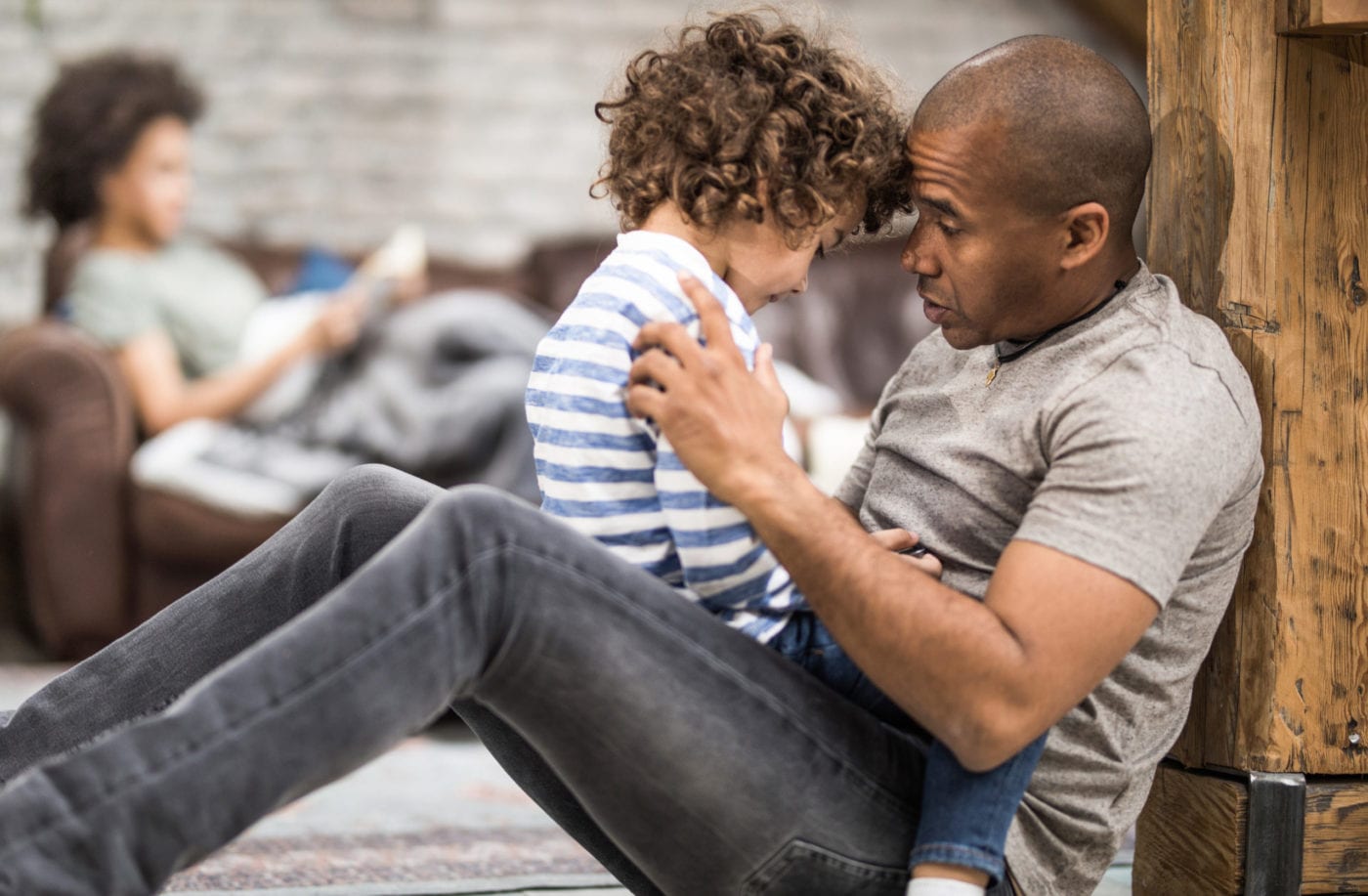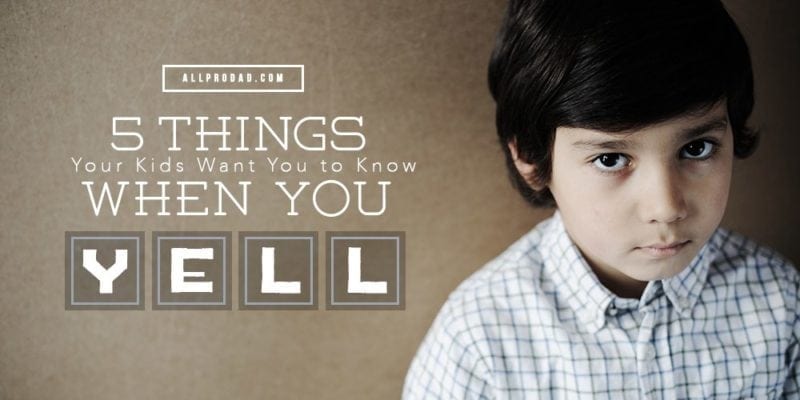None of us likes yelling at kids, but for most of us, it’s inevitable. No matter how great our kids are, or how well we do as parents, eventually, kids make mistakes. When it happens, we hopefully handle it calmly. But we need to discipline our kids, regardless of whether we quietly reprimand them or raise our voices to get our points across. Yelling at kids is never fun for parents or for children. It can lead to hurt feelings and it can put stress on the relationship.
When we yell, our kids may feel like we don’t understand them or that we’re being unfair, or they might feel guilty and think we view them differently because of their mistakes. So when we yell, it’s crucial to manage the aftermath in a way that shows our kids that we’ll always love and support them, no matter the mistake. Here are 4 things to do after you’ve yelled at your kids.
1. Tell them you love them.
Your children know you love them—and they love you. However, after yelling at kids, both sides may question the other’s feelings. It’s important after yelling to reaffirm to your child that you love him or her. In many situations, it’s probably a good idea to wait until emotions have calmed down so your kid can hear you with a more open heart.
2. Show them you love them.
This might be as simple as walking into your kid’s room, giving him or her a hug, and walking away without saying a word. Or it might be related to the reason you disciplined your child. For example, if your kids were in trouble for not cleaning their room, you might go in and spend an hour helping them get organized. If you aren’t familiar with the five love languages, spend a few minutes familiarizing yourself with them and determining which love language speaks to each of your kids.
3. Hold them accountable.
Without accountability, behavior will not change. If your kids were in trouble for having a messy room, check to see if they cleaned it. If they were in trouble for something at school, email the teacher to see if the issue’s been resolved. If your child knows he or she will be held accountable, then your child is more likely to fix the problem quickly and less likely to make the mistake again. Following up also gives you the opportunity to praise your child for correct behavior.
4. Move on.
Your children are complete people. Don’t let them define themselves by the poor choices they make. Move on to another topic. If you had to reprimand them for a poor choice at home, ask them how their day was at school. If you were upset with them for not finishing their homework, start a conversation about soccer or some other activity. This will help show that you care about them as a whole and that you do not define them based solely on their most recent mistake.
Sound off: How can you turn yelling at kids into a positive relationship-building experience?











Huddle up with your kids and ask, “When I yell at you, how does it make you feel?”